In the middle of the Atlantic, there is a small archipelago that you have to zoom in to see on a map. Population just over half a million, no major industry, no glorious championship. But when Cape Verde qualified for the 2026 World Cup, the world suddenly looked back – not just for a football miracle, but for the way they turned memory, music and nostalgia into power.
The journey is a story of identity: of islands, of expatriates, of morna music and street joy. A small country tells its story, in the most universal language: football.
PART 3: CAPE VERDE - FOOTBALL, FESTIVALS AND THE IMPACT OF THE WORLD CUP
Morna and the sleepless nights
Festival after festival . In Praia, the night is sleepless. When the final whistle blew in the final African qualifying match for the 2026 World Cup , Santiago Island lit up like a morna (traditional music of the country) changing its rhythm – sad to fast, slow to passionate.
People danced, hugged, and sang in the streets along the coast. A country once accustomed to silence now found its voice, resounding through football.
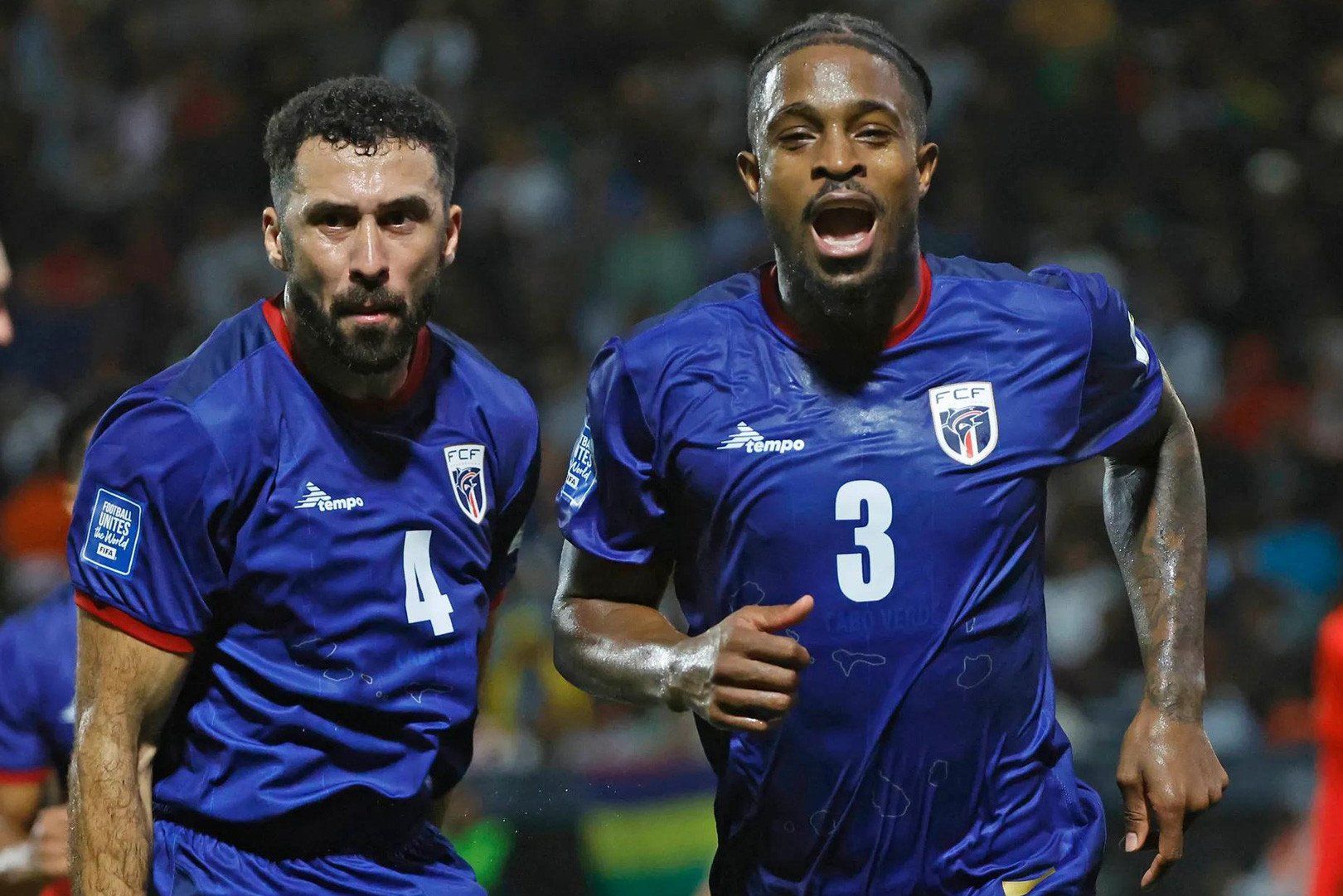
Cape Verde has never been a noisy place. They have morna – sad music; coladeira – happy music; and funaná – music of the fields and festivals. All three blended together that night.
Old speakers played Sodade by the legendary Cesaria Evora, then switched to the rhythm of the funaná drums. Each neighborhood was an impromptu stage. Children painted blue flags on their cheeks; elders poured grogue into the streets to share with each other.
In the center of Praia, people lit flares; in Mindelo, fishermen lit lamps on their boats and howled out at sea.
The World Bank report notes that nearly 1.18 million tourists visit each year. For the first time, Cape Verde is being called by its real name, not the anonymous “sunshine paradise” . Tourism is expected to grow even more. All thanks to the World Cup.
No one thought a small team could create such a miracle – a festival of existence.
Because the World Cup, for Cape Verde, is more than just sport . It is a way for an entire nation to assert that it has its own place, its own voice, its own music in the global symphony.
Football in Cape Verde was once poor and spontaneous. But the people here always lived by rhythm. The players played as if singing, the spectators cheered as if dancing.
When Ryan Mendes, the record holder for international appearances and goals, led his team through the qualifiers, the radio commentator burst into tears: “We were islands, but today, we are no longer apart.”
The phrase went viral on social media, becoming almost the unofficial slogan for Cape Verde's first World Cup.
Football value
Along with the music, what people remember forever is the simple joy. There are no big squares, no expensive fireworks, just dances, melodies played from pot lids, water bottles, and hearts.
In a country where wind and waves are the two greatest instruments, music is born from nature, as football is born from the desire to live.
In the following days, the African press called Cape Verde “the island of dreams” . The song “Um Mar de Azul” – “Blue Sea” was constantly played.
The song spread quickly across platforms, the melody is light as a breath, the lyrics talk about a country "as small as a grain of sand, but carries in its heart the ocean" .
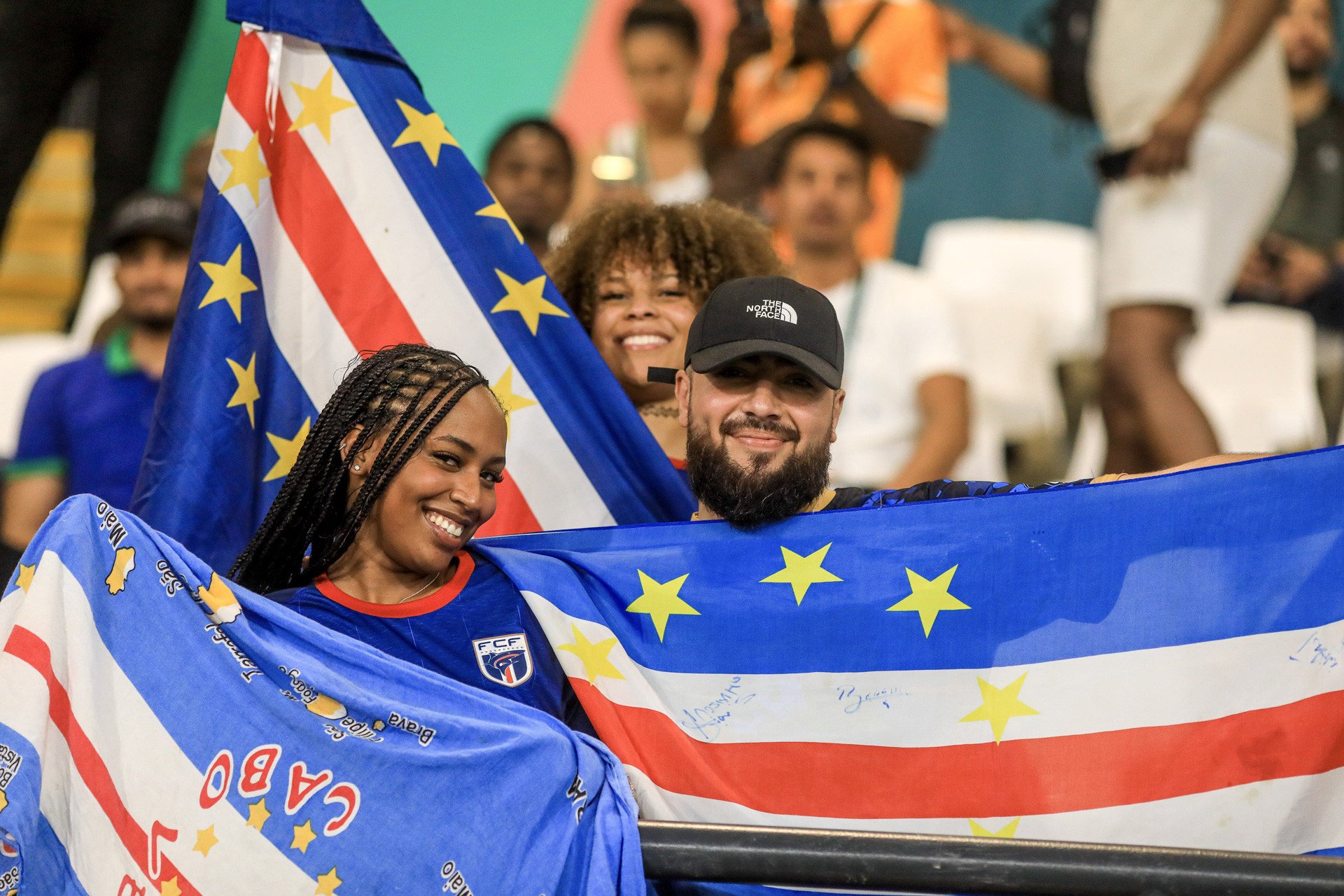
In Lisbon, the Cape Verdean community also held its own festival, carrying blue flags through the streets, beating drums, dancing and crying. One person told the press: “We didn’t win to be recognized. We won to feel part of something bigger – our homeland.”
Perhaps that is what football is all about: connection. When small islands beat as one with millions of people far away, when music touches sport, and when a collective dream transcends borders, we see the gentle power of emotion.
So the 2026 World Cup – however it ends – will be a victory for Cape Verde. A victory not measured by the score, but by the way it makes the whole world look up at the small islands on the map.
That night, Praia sang. The morna mingled with the funaná drums, like crashing waves. A child sat on his father’s shoulders, waving a blue-yellow-white flag, shouting to the crowd: “We are Cape Verde! We are here!” .
In that moment, under the bright sky, the islands were no longer far apart.
The whole country – from those at home to those abroad – suddenly became a land strip, stretched by music, football and the belief that even in the middle of the vast ocean, a small nation can sing its own song.
Source: https://vietnamnet.vn/cape-verde-du-world-cup-2026-bong-da-le-hoi-giua-dai-duong-2453781.html


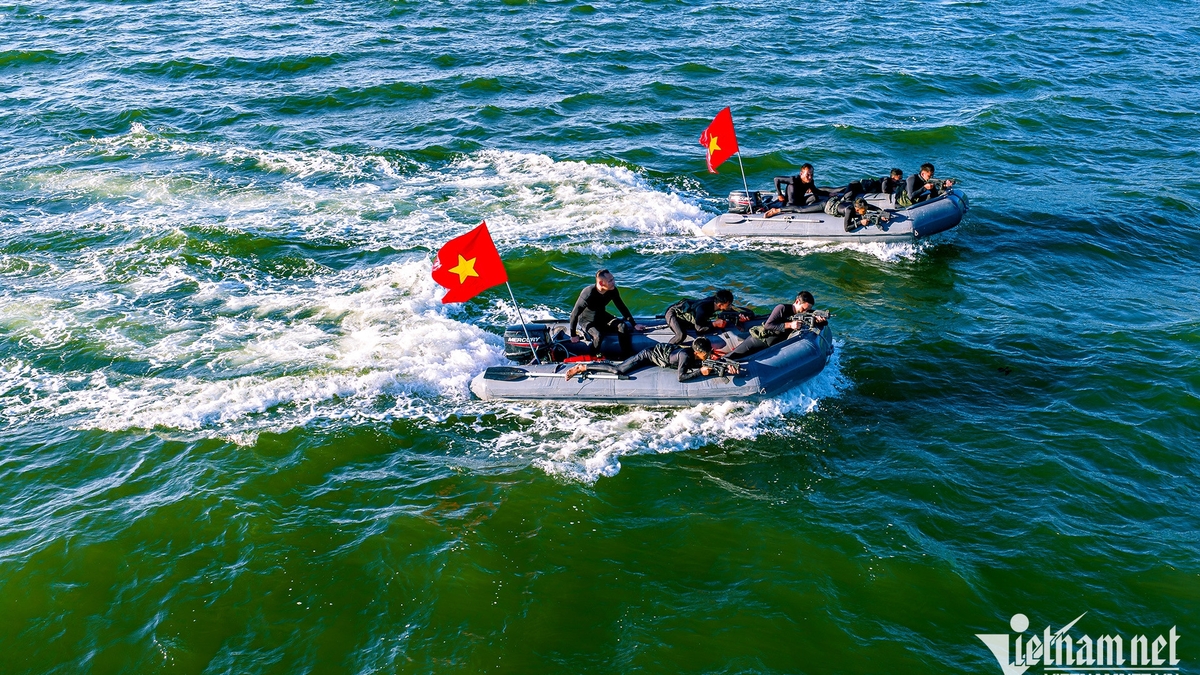

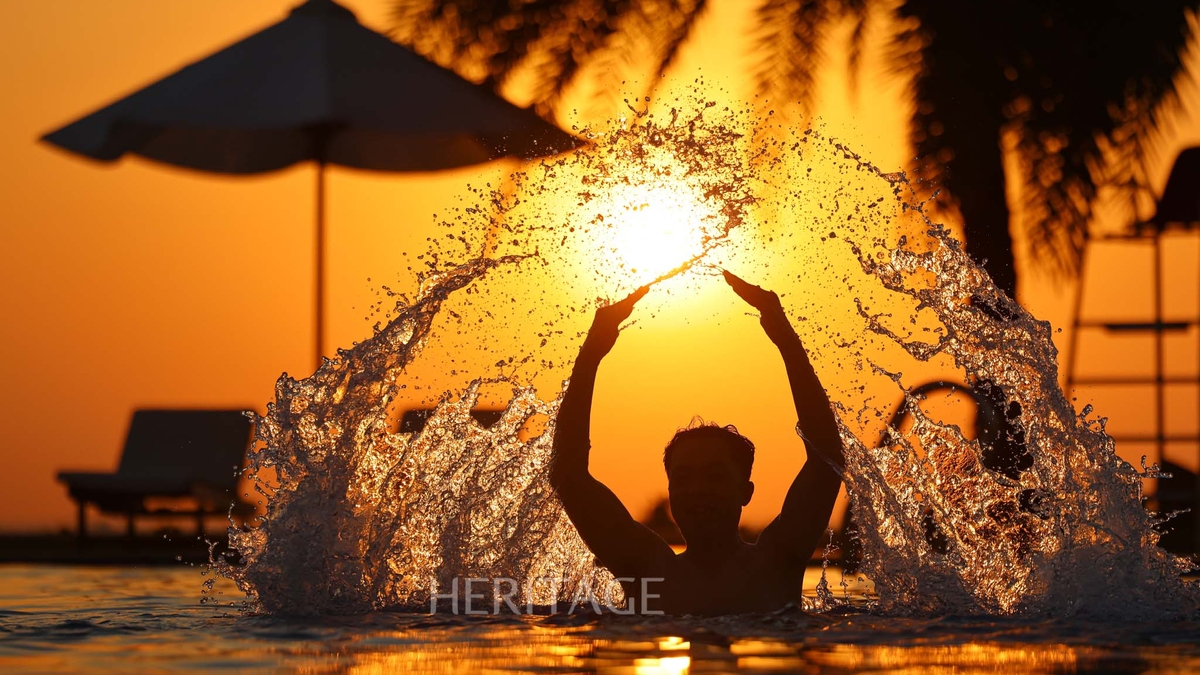
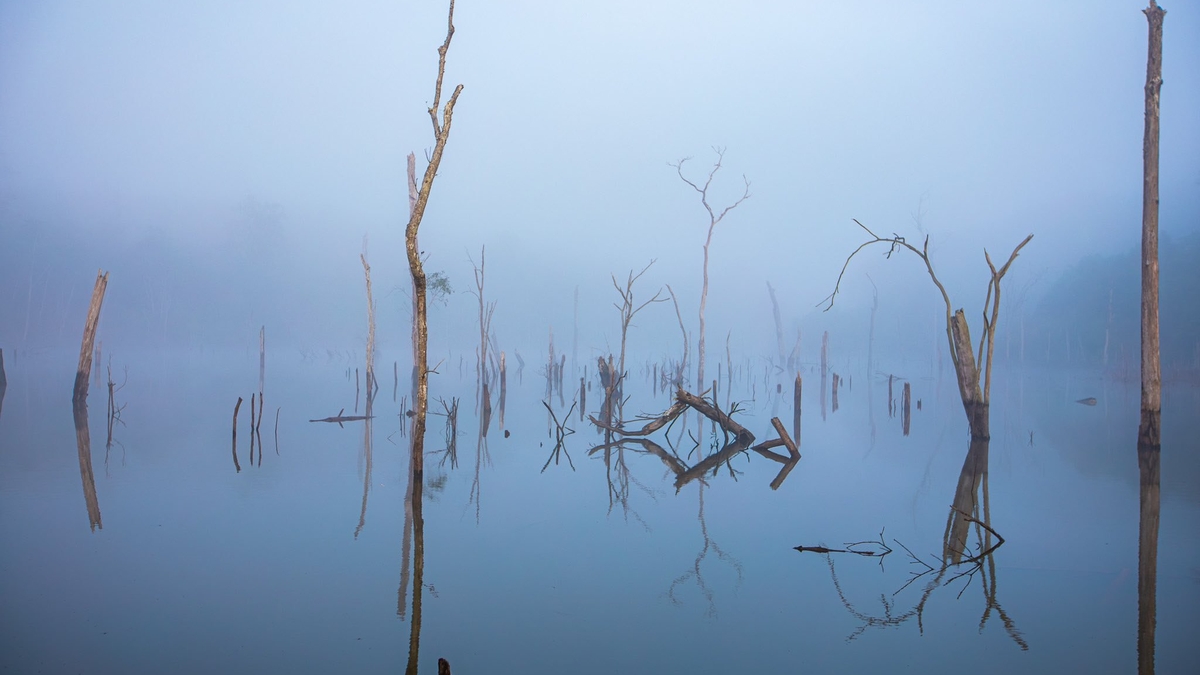
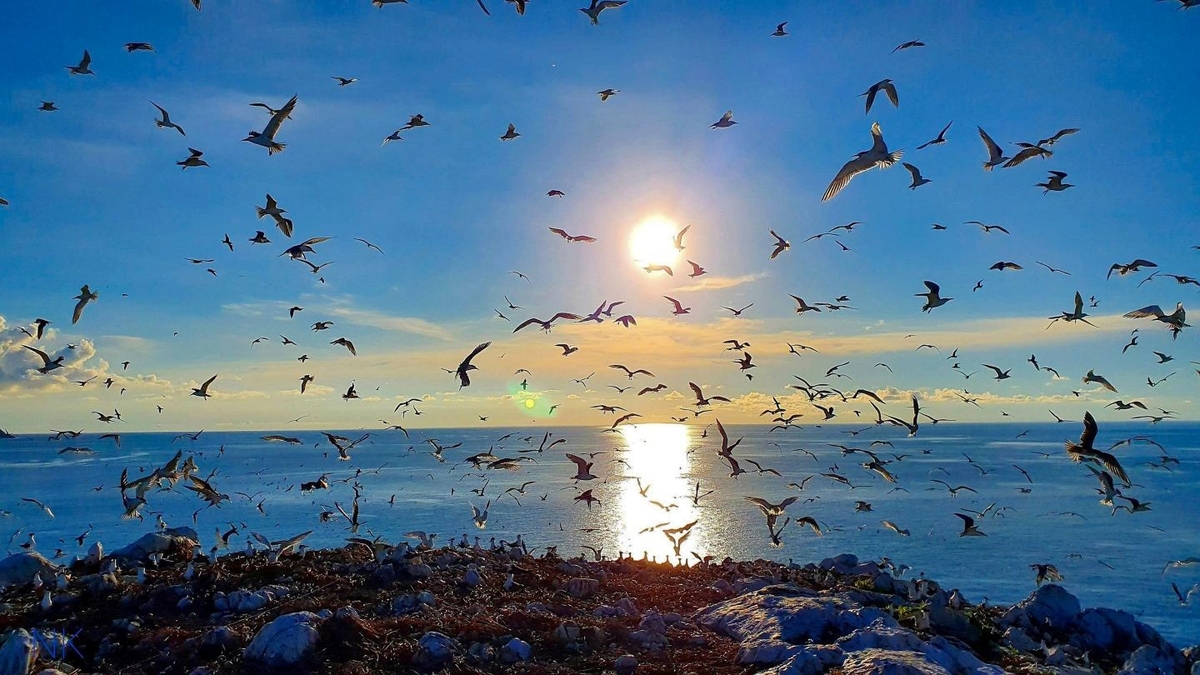

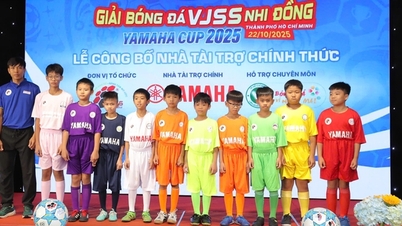

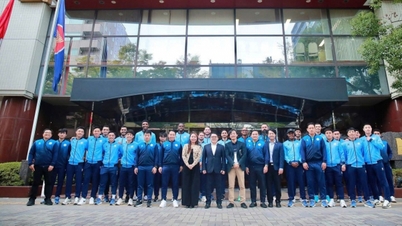

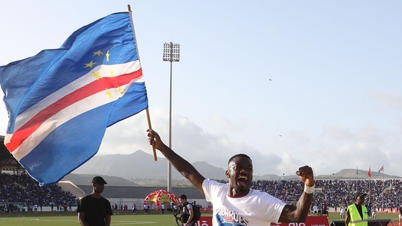
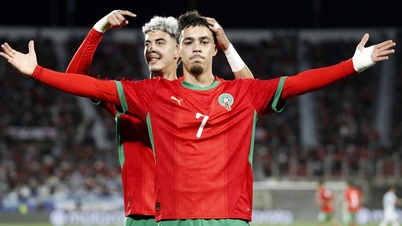



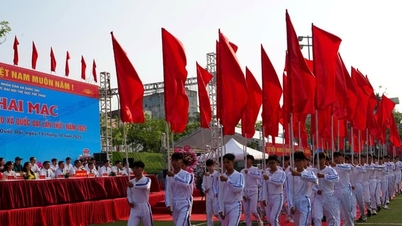















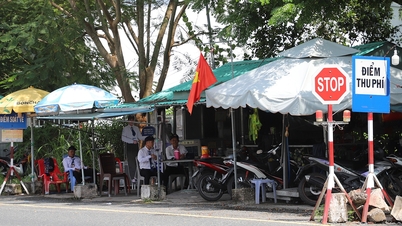
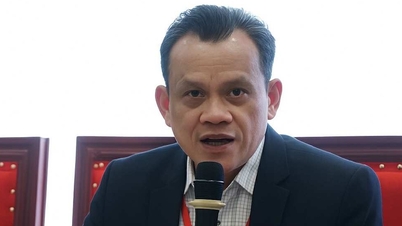


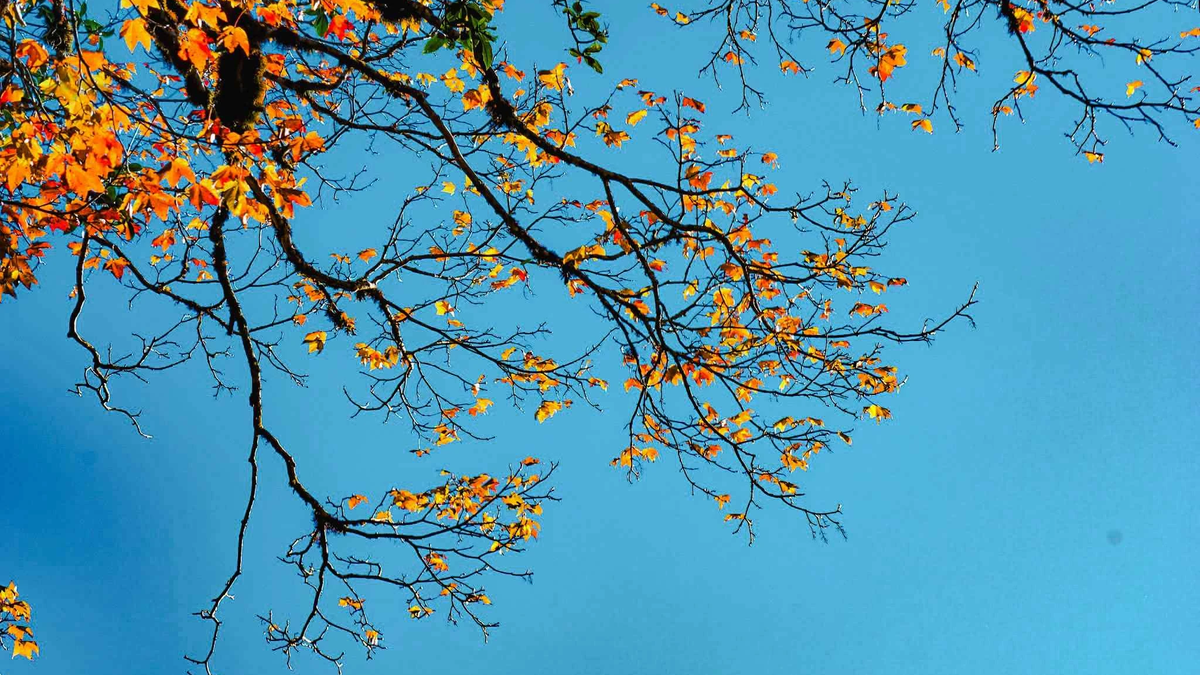





































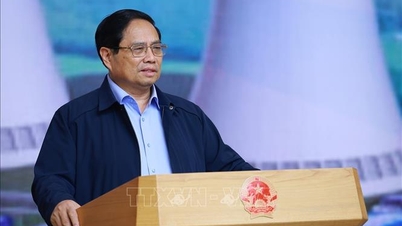
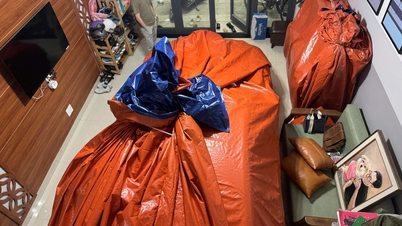
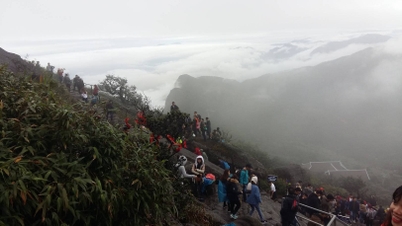




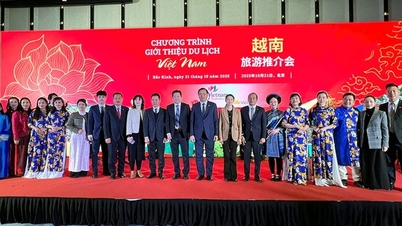
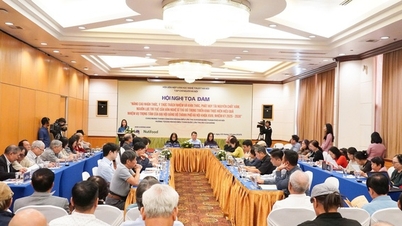
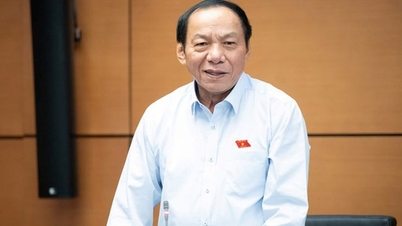
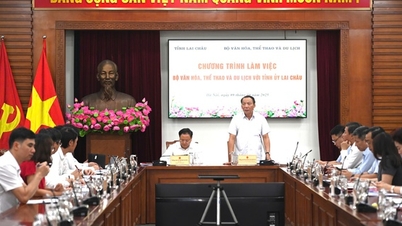
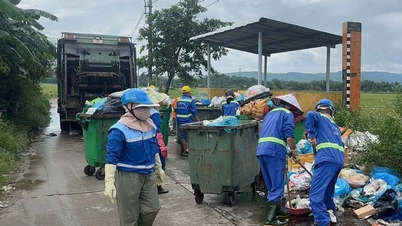

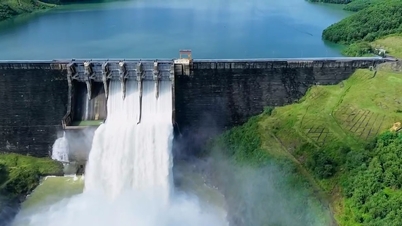















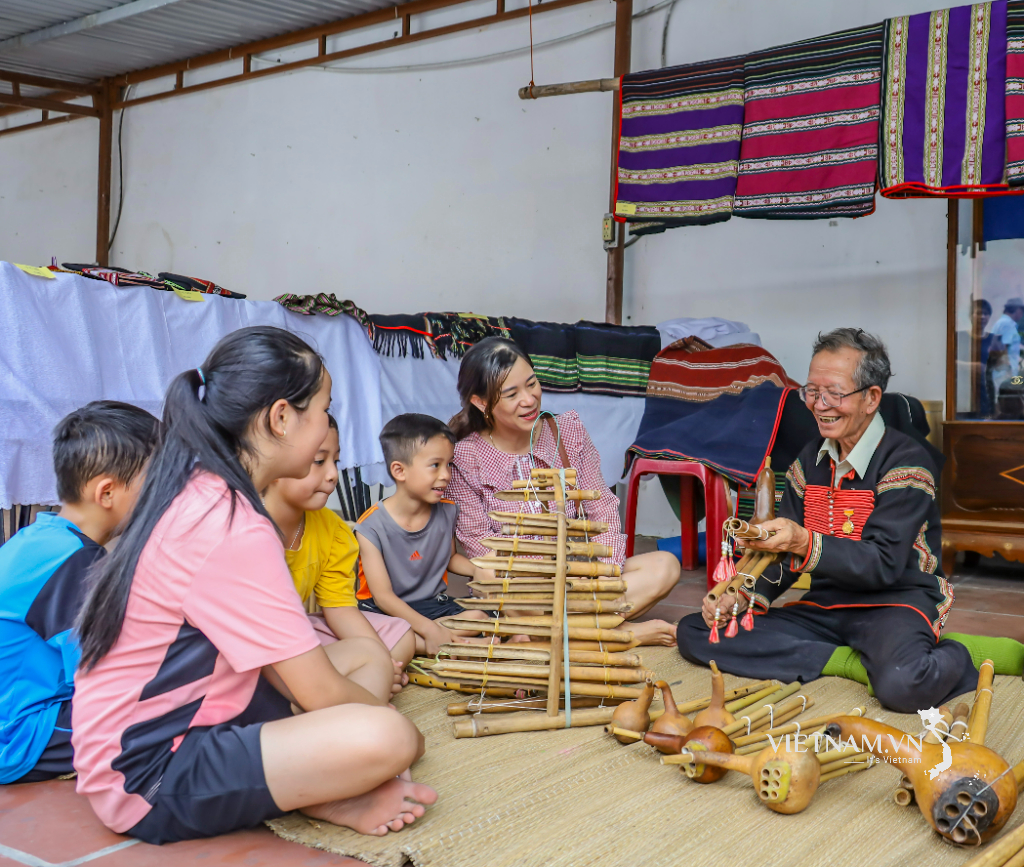



Comment (0)